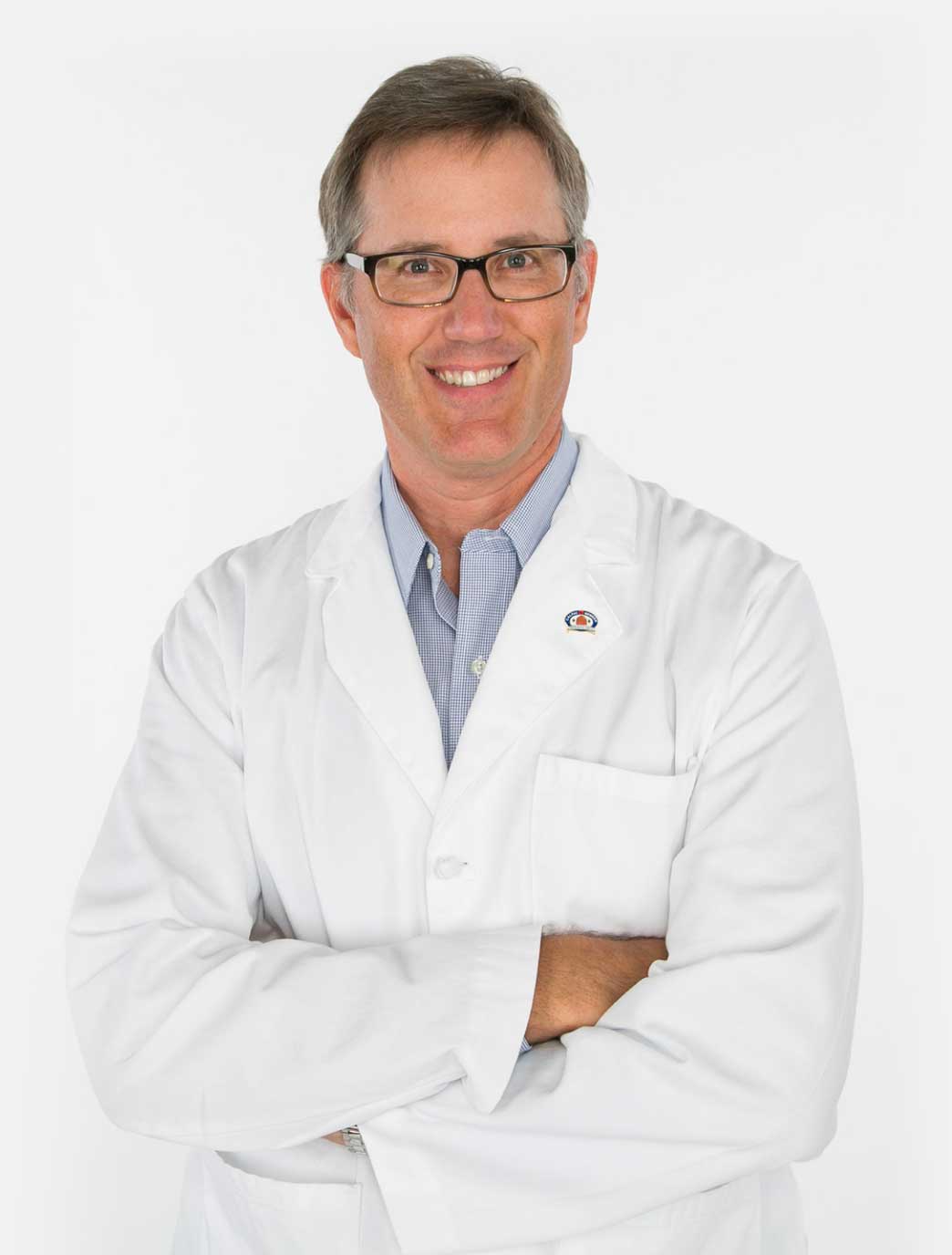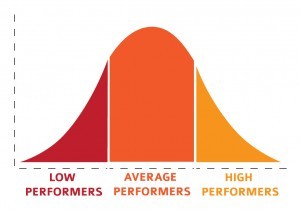We see it all the time – outcomes depend on who is producing the outcome. Some chefs, teachers, mechanics, athletes, authors, contractors, etc., do a better job and get better outcomes than others. This isn’t as obvious for doctors, but it is just as true.
In the fields of medicine in which outcomes are easy to judge, it is obvious. Consider, for example, plastic surgery. It is easy to distinguish the excellent surgeons by just looking at their results. An excellent facelift or tummy tuck or breast augmentation is easy to distinguish from the average ones and bad ones.
In most fields of medicine outcomes are not easy to judge, so it may seem that all doctors are pretty much the same. When you dig a little deeper though, it becomes obvious that they are not.
Some Doctors Are Better than Others
In some fields of medicine studies have been done to specifically compare outcomes between practitioners, and these studies typically show that outcomes vary significantly between providers.
- Cardiac surgery – Studies have shown a wide variation in patient mortality rates between surgeons for coronary artery bypass grafting. A 1991 JAMA study showed individual cardiac surgeon patient mortality rates to vary from 1.9% to 9.2%! This and other studies showing patient mortality variation between surgeons came as a shock at the time, and led to changes in the field, such as public reporting of individual surgeon outcomes, which led to a significant decrease in surgeon variation during the 1990’s.
- Pediatric cardiac surgery – Studies have shown a wide variation in outcomes between cardiac surgery centers after surgery for congenital heart defects.
- Prostate surgery – Studies have shown a significant variation in complication rates and cancer recurrence rates between surgeons after radical prostatectomy.
The Bell Curve
It makes sense. When it is difficult to do something, some will do a better job and achieve better outcomes than others. This is true whether we are talking about restaurants, sports, construction, movies, medical care, or surgical procedures.
In such cases, the distribution of outcomes commonly takes the form of a bell curve (see below). In a bell curve distribution, most practitioners achieve outcomes close to the average. This is depicted by the middle part of the bell. A smaller percentage of practitioners are outliers that achieve either excellent outcomes or bad outcomes. This is depicted by the right and left tails of the bell.
The key point is that in many fields of medicine and surgery, outcomes are not uniform across providers. This is of obvious importance because the difference between a good outcome and a poor outcome in many fields of medicine can be a big deal.
Gastric Sleeve Outcomes Vary by Surgeon
What about the most popular weight loss operation, the gastric sleeve? The bell curve is at work here too, as we will see below for the two most important outcomes after gastric sleeve, weight loss and leak.
Gastric Sleeve Outcomes – Weight Loss
Average weight loss (middle of bell curve) 1 year after gastric sleeve surgery is reported to be 56% EWL (excess weight loss) in one large review study by Fischer et al, and 59% EWL in another large review study by Gagner et al.*
To put these statistics in perspective, consider a 5’4” tall, 100 pound overweight woman (234 pounds). If she achieved the industry average weight loss of 56-59% EWL, she would lose 56-59 pounds, and have a weight one year after surgery of 175-178 pounds.*
What are the weight loss outcomes for the outliers at the right and left of the bell curve?
The best gastric sleeve surgeons average 78% EWL (excess weight loss) at 1 year after gastric sleeve surgery, according to the same large review study by Fischer et al (the study by Gagner et al doesn’t report individual surgeon weight loss results).* These outliers beat the industry average weight loss statistics by a significant 39%.
The surgeons at the other end of the bell curve average 42% EWL at 1 year after gastric sleeve surgery, according to the same study by Fischer et al.* The high achieving outliers beat these low achieving outliers by a very significant 85%.
Again consider the example patient above (5’4” woman, 234 pounds). If this patient had surgery with a gastric sleeve surgeon at the right of the bell curve she would lose, on average, 78 pounds, and weigh 156 pounds after weight loss. This is 22 pounds less than what average final weight would be with an average surgeon (178 pounds), and 36 pounds less than average final weight would be with a poor surgeon (192 pounds).*
What if the example patient started out 200 pounds overweight (5’4” woman, 334 pounds)? Final weight, on average, would be 178 pounds, 216 pounds, or 250 pounds, depending on whether the patient had surgery with a gastric sleeve surgeon who achieves excellent outcomes (78% average EWL), average outcomes (59% average EWL), or poor outcomes (42% average EWL).*
Read more about Dr. Oliak’s Orange County and Los Angeles County gastric sleeve program and weight loss results.
* The weight loss statistics above are averages. Individual patients can lose more or less weight than the average. The weight loss statistics quoted above are from a large review study (n=12,129 patients) on gastric sleeve weight loss by Fischer et al.
Gastric Sleeve Outcomes – Leak
A leak is the most feared complication after sleeve gastrectomy. Leaks can occur along the surgical line of division on the stomach in the early postoperative period (first 6-8 weeks) before complete healing has occurred. A leak can result in a life-threatening infection, the need for multiple subsequent procedures/operations, and weeks in the hospital.
All gastric sleeve surgeons try hard to prevent leaks. The data shows, though, that some surgeons are more successful at preventing leaks than others. The bell curve is at work here, too (see table below).
The industry average leak rate (middle of bell curve) after gastric sleeve surgery is 2.4%, or 1 in about 40 patients, according to a large review study (n=4,888 patients) by Aurora et al.*
What are the leak rates for the outliers at the right and left of the bell curve?
The best gastric sleeve surgeons have leak rates of 0%, or very close to 0%.* These outliers achieve >80% lower leak rates than the average surgeons according to the same study by Aurora et al.
The surgeons at the other end of the bell curve have leak rates of 4-7% (Aurora et al).* The high achieving outliers have leak rates that are >90% lower than these low achieving outliers.
The statistics in the above table were compiled from the data from a large review study by Aurora et al (29 studies reviewed, n=4,888 patients), and from the data from 31 more recently published studies.
Read more about Dr. Oliak’s Los Angeles and Orange County gastric sleeve program.
* Leaks can occur after gastric sleeve surgery. Past performance is not necessary indicative of future results.
Conclusions
Not all doctors are the same – some achieve better outcomes than others. For gastric sleeve surgeons, some achieve better average weight loss, and lower leak rates than others. To maximize the chances to achieve a great gastric sleeve outcomes, choice of surgeon is very important.
Learn More
Learn more about Dr. Oliak’s Orange County gastric sleeve surgery program and his gastric sleeve outcomes at www.oliakcenter.com.
More Weight Loss Surgery Resources

David Oliak, M.D.
Dr. Oliak is a board-certified, fellowship-trained surgeon who specializes in minimally invasive (laparoscopic and robotic) weight loss surgery. He has been in practice in Orange County, California, since 2002, has completed more than 3000 weight loss operations, and has a track record of excellent patient outcomes.*
Dr. David Oliak is the founder of the Oliak Center for Weight Loss. He started the Oliak Center because he wanted to provide weight loss surgery done right. His commitment has always been to provide the kind of care that he himself would want to receive. Dr. Oliak is affiliated with only the best bariatric hospitals and surgery centers in Los Angeles County and Orange County.
* Individual patient results vary. Past performance is not a guarantee of future results.
Which weight loss surgeon is right for you?
Download this guide of questions to ask your weight loss surgeon to help make the best decision for you.




